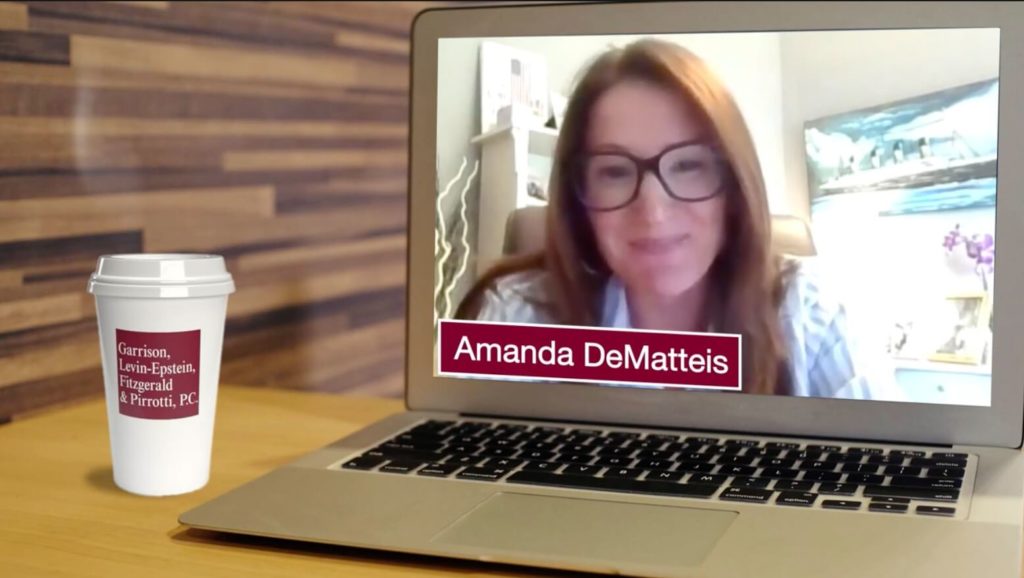Jun 15 2022
Amanda DeMatteis: Hi, Josh!
Josh Goodbaum: Hi, Amanda! What are we talking about today?
DeMatteis: I think we should talk about “post-employment restrictive covenants.” What are they? What type of form do they take? Educate our Connecticut employees on what they need to look out for.
Goodbaum: A complicated term, maybe a scary term for some people. Feels like legalese. Let me break it down.
“Post-employment restrictive covenants.” “Post-employment” means after your employment with your current employer ends; “restrictive” means something you’re not going to do; and “covenant” means promise. So it’s a promise not to do something after your employment ends.
And they take basically five different forms.
The one that most employees will be most familiar with, I think, is the non-compete, which basically means: I’m not going to leave my employer and go work for a different employer that does the same or a very similar thing that is competing with my former employer.
The second type of post-employment restrictive covenant is a protection for confidential information, and this will be intuitive to a lot of people. As a result of your employment, you probably have access to your employer’s private, secret, confidential, valuable, maybe trade secret, maybe proprietary information. And you agree that, after your employment ends for whatever reason, you’re not going to take that information and use it to your own advantage. You’re just going to keep it secret.
The third type of post-employment restrictive covenant is the non-solicit. “Solicit” basically means just to ask for something, and this could take a few different forms. You might agree not to solicit your former coworkers to come join you as an employee of your new company. You might agree not to solicit your former customers of your old company to stop doing work with your old company and come be a customer of yours at your new company. And you might agree not to solicit your former employer’s vendors – their landscaping person, their cleaning person, their food service person, their banker, whatever else – to stop doing business with the old company and start doing business with you now that you’re with a new employer.
A more rigorous, more demanding form of this non-solicit is something called a “non-service” covenant. This is a little bit different because the non-solicit means, “I’m not going to go out and ask somebody to do something.” A non-service means that, even if they come to me of their own accord, I still can’t help them. I might agree, on one hand, not to solicit a customer. But if I agree not to service that customer, that means that, even if the customer finds me and comes to me, I still agree that I’m not going to help them. And since the non-service takes away some of the freedom of choice of the customer, they tend to be viewed more skeptically by the courts than do more pure non-solicit agreements.
Finally, the fifth type of post-employed restrictive covenant is the non-disparagement agreement. This is often understood in the context of a settlement or a separation agreement, but it can be just a free-floating restrictive covenant. That is basically you’re not going to say anything bad about your former employer, your former coworkers, your former bosses, your former subordinates. So if you’ve signed a non-disparagement restrictive covenant, you want to stick to saying positive things about your former work experience. Or when all else fails, if you don’t have anything nice to say, don’t say anything at all.
DeMatteis: Really good advice. A lot to unpack there if you are a Connecticut employee who has a post-employment restrictive covenant. You might want to talk to an employment lawyer, either before you sign that or even after you’ve signed to get an understanding of what you can and cannot legally do if you’re covered by one of those covenants or agreements.
Thanks so much for watching. We’ll see you next time.
Goodbaum: Thank you.
Posted by Garrison, Levin-Epstein, Fitzgerald & Pirrotti, P.C. in Commentary
Tagged Amanda DeMatteis, Joshua Goodbaum








